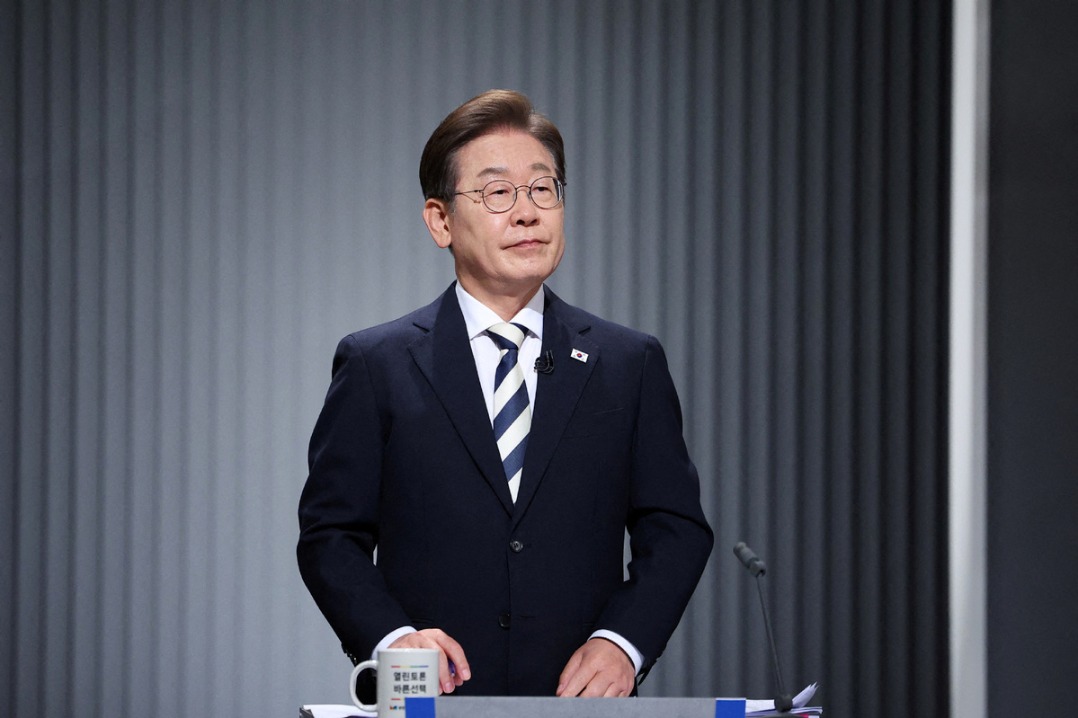Uncertainty clouds US-EU tariff negotiations


The United States and the European Union have recently found themselves locked in a protracted struggle over tariff negotiations.
The origin of these negotiations lies in the tariff war initiated by the US, when the US administration decided to impose "reciprocal tariffs" on a number of countries. Given the prominent roles both sides play in the global economy and the historically significant influence of US-Europe relations on the international economic order, these negotiations are being closely watched by many.
US President Donald Trump has decided to postpone his threat to impose 50 percent tariffs on EU imports until July 9, allowing more time for talks between Washington and the 27-nation bloc to produce a deal.
Trump, who has often criticized EU's trade practices, agreed to the delay after European Commission President Ursula von der Leyen requested more time to reach an agreement during a call on Sunday.
On Friday, Trump expressed frustration over the slow pace of negotiations and recommended that the 50 percent tariffs take effect on June 1. This announcement unsettled global financial markets and escalated the ongoing trade war, which has been marked by frequent changes in US tariff policies.
Yet, the prospects for a successful resolution of the negotiations over the next few months seem bleak.
On one hand, the long-standing bond of trust between the US and Europe has nearly fractured, rendering the foundation for negotiations fragile. Since Trump's return to the White House, the US has disregarded European opinions on resolving the Russia-Ukraine conflict, pressured Europe on NATO military spending, criticized Europe on values, and relentlessly imposed tariffs. These significant policy shifts have continuously deepened the rift in US-Europe relations. As a result, many European political figures have largely abandoned illusions about the US as a leader of the world order and a reliable ally.
On the other hand, the US government has initiated the tariff war without a clear objective or strategy, lacking serious consideration and analysis of its goals and potential economic impacts, resulting in a high degree of arbitrariness. The series of chaotic and contradictory signals from the US have left the current US-Europe negotiations without a clear direction, let alone discussions around specific details.
Notably, while negotiating with the US, the EU is accelerating the development of a diversified economic and trade cooperation network. This includes advancing trade agreement negotiations with India, Australia, and several Southeast Asian countries. Additionally, the EU's approach to economic and trade cooperation with China has become more pragmatic.
Given the EU's substantial economic size and the close economic ties between the US and Europe, the EU's move to shift part of its economic and trade cooperation away from the US to other regions is likely to have a significant impact on the international economic and trade landscape.
































